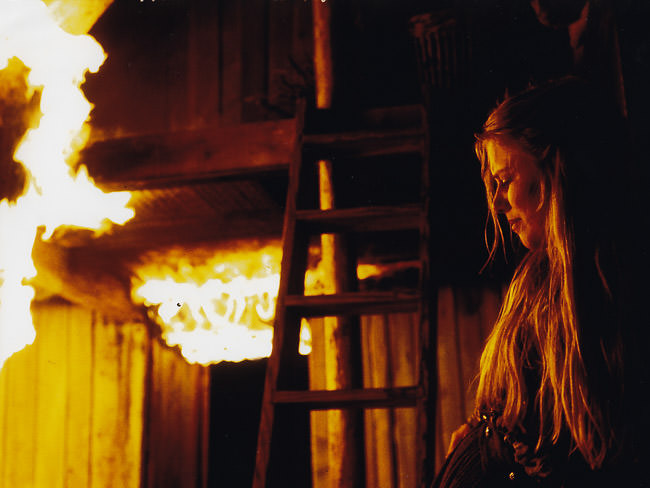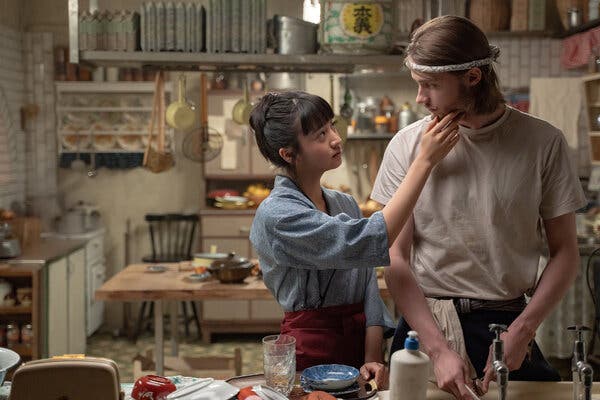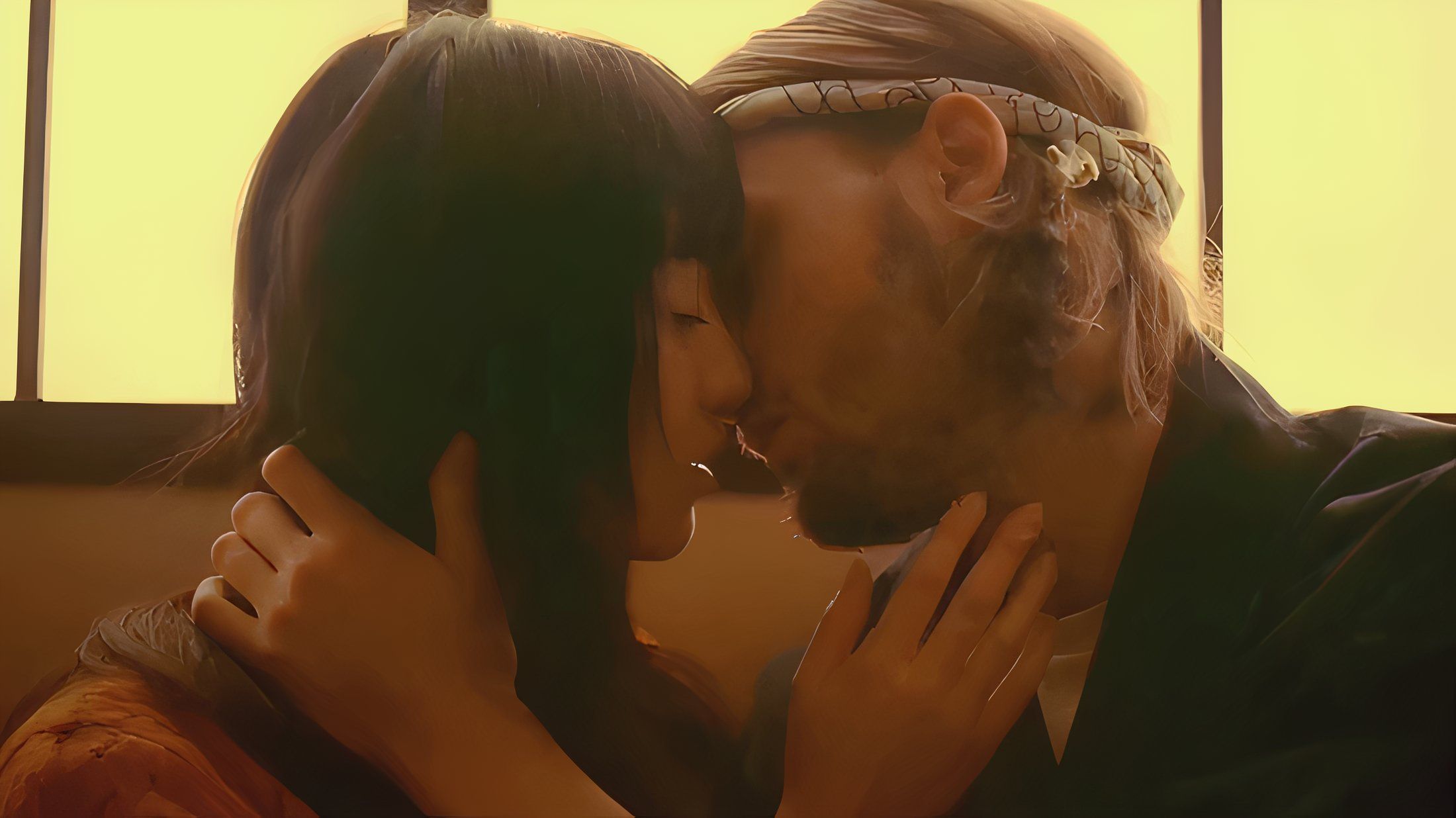Touch unveils a heart-wrenching tale of love and loss spanning five decades, tracing one man’s relentless quest for happiness and deep connection. Directed by Baltasar Kormákur, the film poignantly captures the essence of human experience with raw honesty and emotional depth.

In a significant scene, Kristófer pauses tenderly at a picture of his deceased wife, illustrating the lingering impacts of grief and love. As he steers through these memories, it becomes clear that time can never truly heal all wounds.
A Journey Spanning Five Decades
The movie’s narrative stretches across half a century, exploring Kristófer’s journey that delves into the enduring power of friendship and passion. Kristófer’s indomitable will is a central theme, leading to a climax that reaffirms the lasting nature of devotion.
Baltasar Kormákur, celebrated for works like A Little Trip to Heaven and Everest, orchestrates this cinematic masterpiece with his signature elegance. We see him skillfully blending timelines to build up to greater revelations.
Beginnings in London
The movie flashes back to 51 years ago, portraying a young Kristófer played by Pálmi Kormákur Baltasarsson. His staunch socialist views lead him to leave university, eventually landing him a dishwasher job in a Japanese restaurant where he meets the enigmatic Miko (Kōki).

Takahashi-san (Masahiro Motoki), Miko’s father and the restaurant owner, sternly explains the responsibilities to Kristófer: I was just explaining my dishwasher job.
A Romance Against All Odds
Set during the early days of the pandemic, Kristófer’s search for Miko becomes an epic odyssey. The portrayal captures the audience through its depiction of profound personal mysteries and magnetic attraction born from chance encounters. This slow-burn romance evolves from simple interactions into moments of intense longing, ultimately leading to their extraordinary reunion.

The Emotional Climax
The culmination of Kristófer’s journey as he reunites with Miko (Yoko Narahashi) is breathtaking. Their embrace symbolizes not just the unity of two long-lost lovers but also the triumph of love over time and pandemic-induced separation. Dawn Porter, known for directing Cirque du Soleil: Without a Net, brings her impeccable storytelling touch to this poignant moment.
This final act leaves viewers pondering important questions about truth, memory, and destiny—themes masterfully intertwined throughout by Kormákur.









